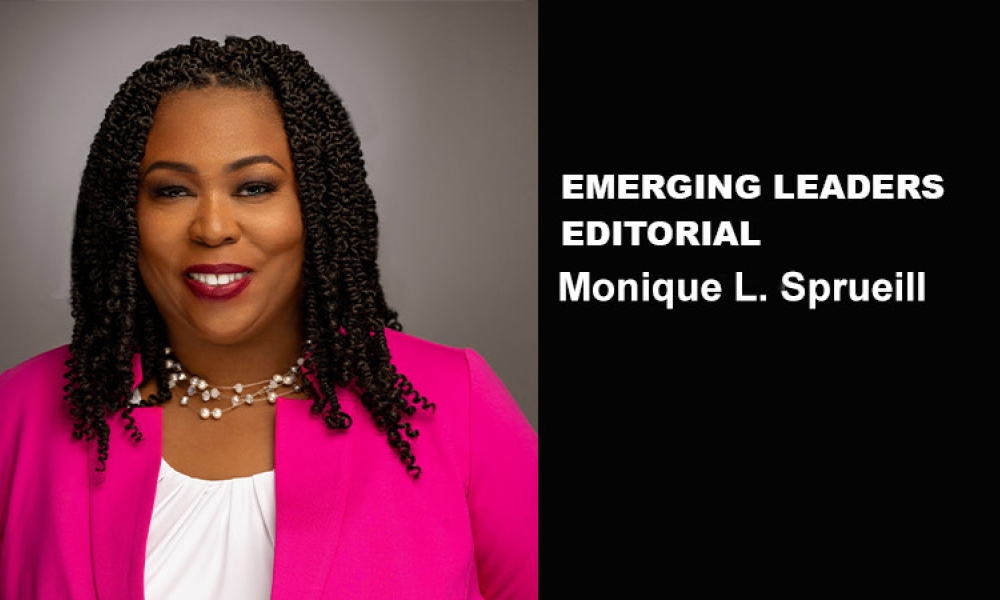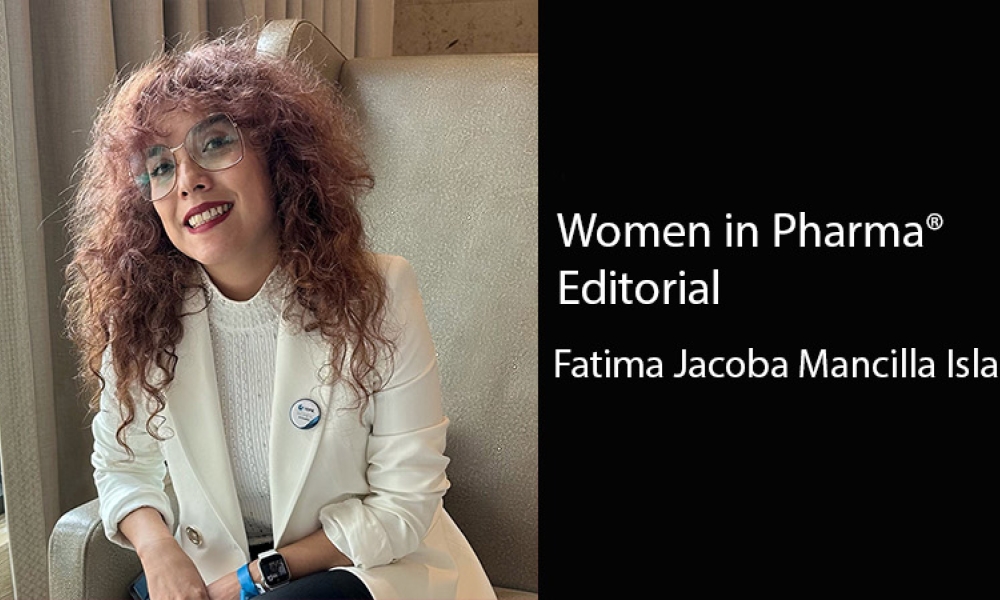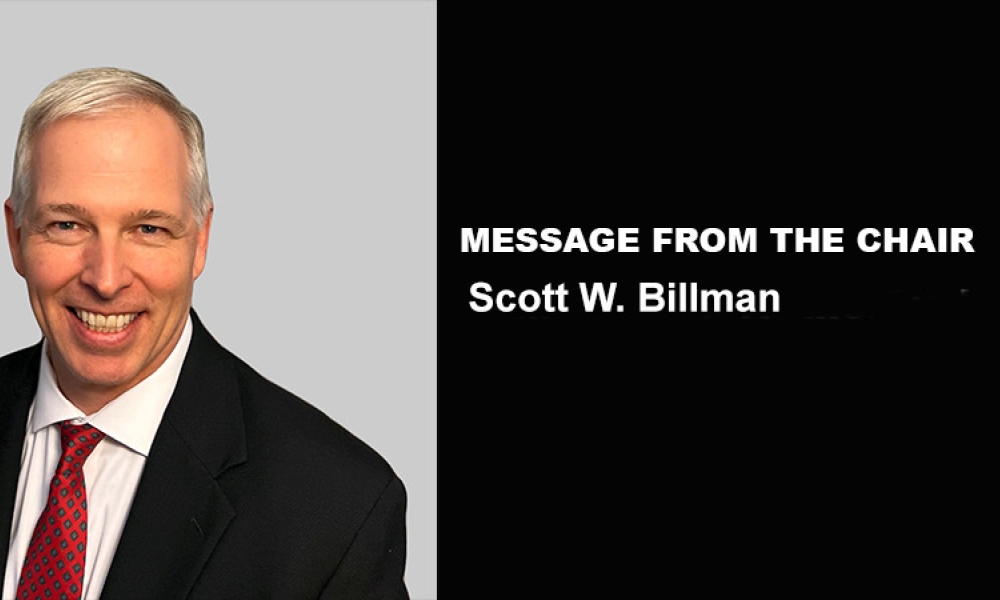The New Normal in the Pharma Industry

Many spend their summer relaxing, perhaps traveling, but generally trying to “put their feet up.” Others change the course of health care as we know and practice it.
Gilead’s 28 August purchase of Kite Pharma, one of the companies developing chimeric antigen receptor (CAR) T-cells, a therapy that harnesses the body’s own immune system to recognize and attack malignant cells, sent strong signals across the markets. Learning that the United States had joined China in gene-editing human embryos using CRISPR made headlines, as did the 13 July unanimous recommendation of the US Food and Drug Administration (FDA) Oncologic Drugs Advisory Committee (ODAC) that the FDA approve CTL019, Novartis’s CAR T-cell therapy.
These events were transformative enough. But then, on 30 August, this industry’s equivalent of the first moonwalk took place: Novartis was granted approval, an FDA first, for its CAR T-cell therapy, Kymriah (CTL019).
The subject of our cover story, CAR T-cell therapy will not only transform the pharmaceutical industry, it has the potential to breathe life into dying patients and restore normalcy to their family lives. Cell therapy may possibly be this century’s most extraordinary medical development thus far.
Author Scott Fotheringham, PhD, speaks with Tom Whitehead, whose daughter Emily went into remission 23 days after treatment with the experimental Novartis therapy. Dr. Fotheringham also interviews Dr. Stephan Grupp—who you may have heard at last year’s Annual Meeting & Expo in Atlanta—about his clinical trials in pediatric oncology testing CAR T-cell therapies, and his hopes for immunotherapy in solid tumors. Finally, Dr. Fotheringham talks to Spencer Fisk of Novartis and Dr. Mihaela Simianu of Pharmatech Associates about the challenges that surround the manufacture of biologics.
THE REST OF THE ISSUE
Our feature story is penned by lawyers Ainslie Parsons and Carmela De Luca, who look at CRISPR patent battles in the United States and demystify the proceedings for us.
Robert Dream, PE, CPIP, PhD, and member of the Pharmaceutical Engineering Committee is our guest editor for the Special Report on Biotechnology, which examines the role of engineers in biopharmaceutical manufacturing, why China is ahead of the GMP game in biotech, and how closed production systems improve the sterility of equipment and the facilities in which they are located.
On the ISPE front, we hear from leaders at the ISPE/FDA/PQRI Quality Manufacturing Conference, and showcase the category winners of the 2017 Facility of the Year Awards. Christopher Potter, member of the ISPE Quality Metrics Core Team, reports on a recent meeting with FDA Quality Metrics team members, and author Mike McGrath takes a close look at the ISPE Turkey Affiliate and the work it is doing in a country fraught with political turmoil.
In the technical realm, authors Valérie Vermylen, Jean-Etienne Fortier, Eric Rulier, Alain Bernard, Carl Jone, and Justin Neway explore the link between clinical batch quality and patient outcomes. Marzena Ingram, Ajay Babu Pazhayattil, Naheed Sayeed-Desta, and Galina Desai make the case for a life cycle approach to ensure manufacturing excellence.
And to wrap it all up, Dr. Fotheringham explores the possibilities presented by fecal microbiota transplantation for refractory C. difficile infections.
My humble self believes we have crossed the threshold of disruption and that biotechnology and its myriad variants are becoming the new normal. What do you think?
I look forward to hearing your point of view on this and many other topics at the 2017 Annual Meeting & Expo in San Diego. Until then, take good care.



